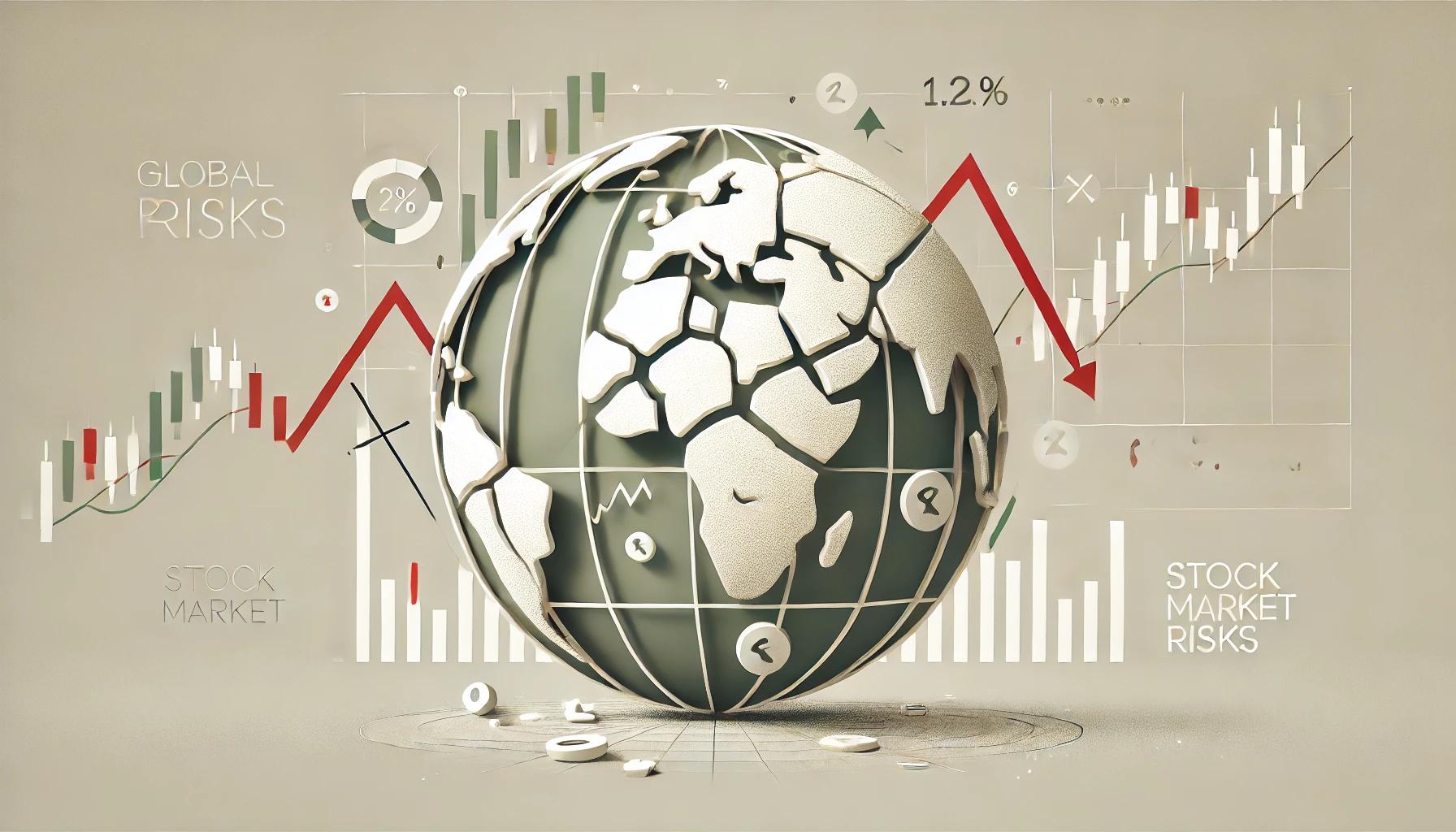Political risks have long been an influential factor in shaping global stock market movements. Geopolitical tensions, government policies, trade disputes, and elections all contribute to market uncertainty, which can result in sharp price fluctuations. As we approach 2025, investors must remain vigilant about how political events around the world may influence stock performance. Understanding the interplay between politics and markets is critical for making informed investment decisions.
Geopolitical Instability and Its Impact on Markets
Geopolitical instability, including regional conflicts and diplomatic tensions, has historically led to market volatility. The threat of war, territorial disputes, or military interventions can create significant uncertainty, particularly in regions critical to global trade. For example, tensions in the Middle East, or any standoffs involving major powers like the U.S. and China, can drive oil prices up, impacting global markets.
In 2025, the potential for rising geopolitical risks is especially concerning for investors in sectors like energy, defense, and commodities. Any disruption in the supply of critical resources, particularly oil and natural gas, can lead to sharp market swings. Similarly, trade tensions, particularly between major economies like the U.S. and China, could fuel stock market declines, as seen in previous trade wars.
Trade Wars and Protectionism
The trade war between the United States and China had significant repercussions for stock markets globally, with industries like technology and manufacturing bearing the brunt of the economic fallout. In 2025, trade policies and protectionist measures could continue to affect market sentiment.
Countries enacting tariffs or sanctions on trading partners can disrupt supply chains, leading to higher production costs, reduced profit margins, and market uncertainty. Additionally, trade conflicts often have a broader effect on investor sentiment, contributing to bearish market trends. As international relations evolve, the effects of trade policies on stock markets remain a crucial consideration.
Elections and Political Uncertainty
Elections, whether presidential, parliamentary, or otherwise, bring uncertainty that can affect stock markets. Investors often react to the prospect of policy shifts, as political candidates may propose changes to taxes, regulations, or trade agreements that could affect certain sectors. In particular, markets are sensitive to potential changes in economic policy, such as tax cuts, spending increases, or regulatory reforms.
For example, a shift in the U.S. presidency or parliamentary elections in key European nations could significantly alter the trajectory of the market. Political uncertainty during election periods often leads to higher market volatility as investors adjust to the possible outcomes.
Government Policies and Their Market Impact
Government policies can either stimulate or hinder economic growth, directly affecting stock market performance. Fiscal measures, such as stimulus packages, infrastructure spending, or changes in tax laws, can encourage investment and boost market confidence. On the other hand, regulatory changes that increase corporate taxation or impose stricter business regulations can dampen investor enthusiasm.
In 2025, the global market will likely respond to policy shifts in major economies, including the U.S., China, the European Union, and emerging markets. Analysts will be closely monitoring proposed fiscal policies, environmental regulations, and economic reform efforts that could either drive growth or stifle investment.
Managing Political Risk in Investment Strategies
Given the significant impact of political risks on stock markets, investors must factor political developments into their investment strategies. Diversifying across different sectors and geographical regions can help mitigate the risks associated with political instability. Furthermore, staying informed about global events and government policies is essential for anticipating potential market movements.
Investors may also consider allocating more resources to sectors that are less sensitive to political risks, such as technology or healthcare, which may be less impacted by geopolitical or trade tensions. Another strategy is to invest in defensive stocks—companies that tend to perform better during periods of economic or political uncertainty.
The Path Forward
As we move into 2025, political risks will continue to be an essential factor to consider in stock market analysis. Whether it’s the outcome of major elections, rising geopolitical tensions, or changes in government policies, these factors will have far-reaching consequences for global markets. Investors who stay informed and are proactive in managing these risks will be better positioned to navigate the complexities of the political landscape and its impact on stock market performance.






